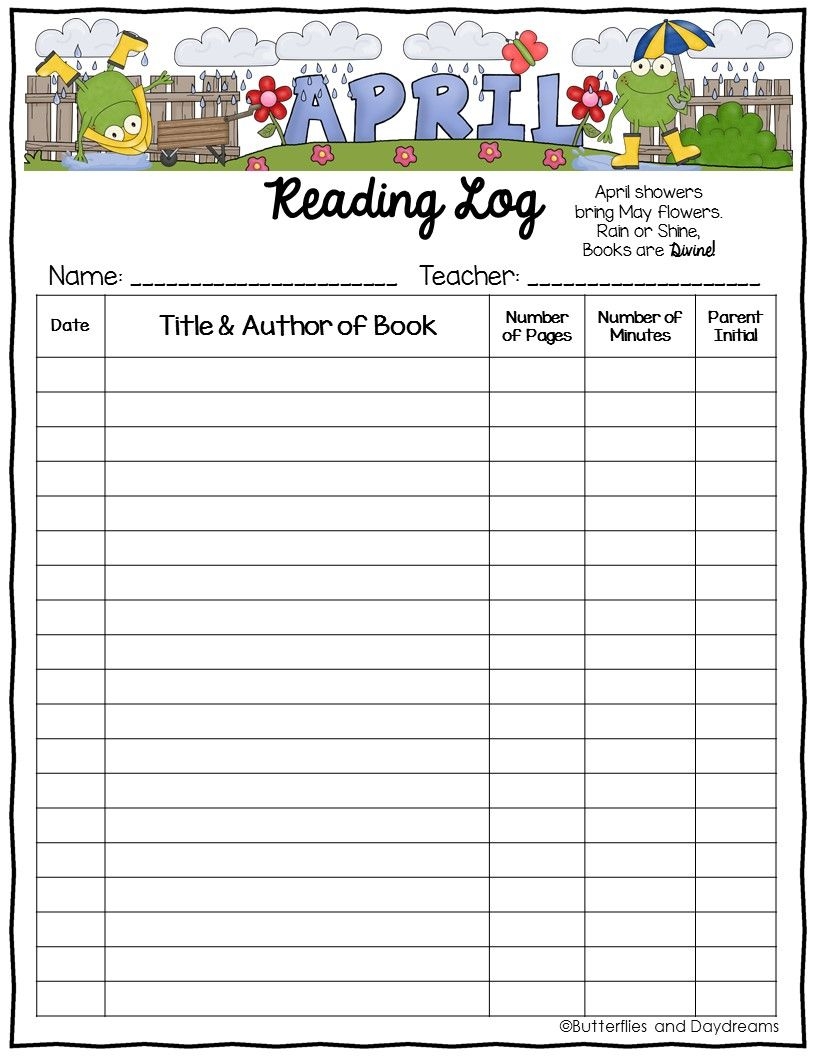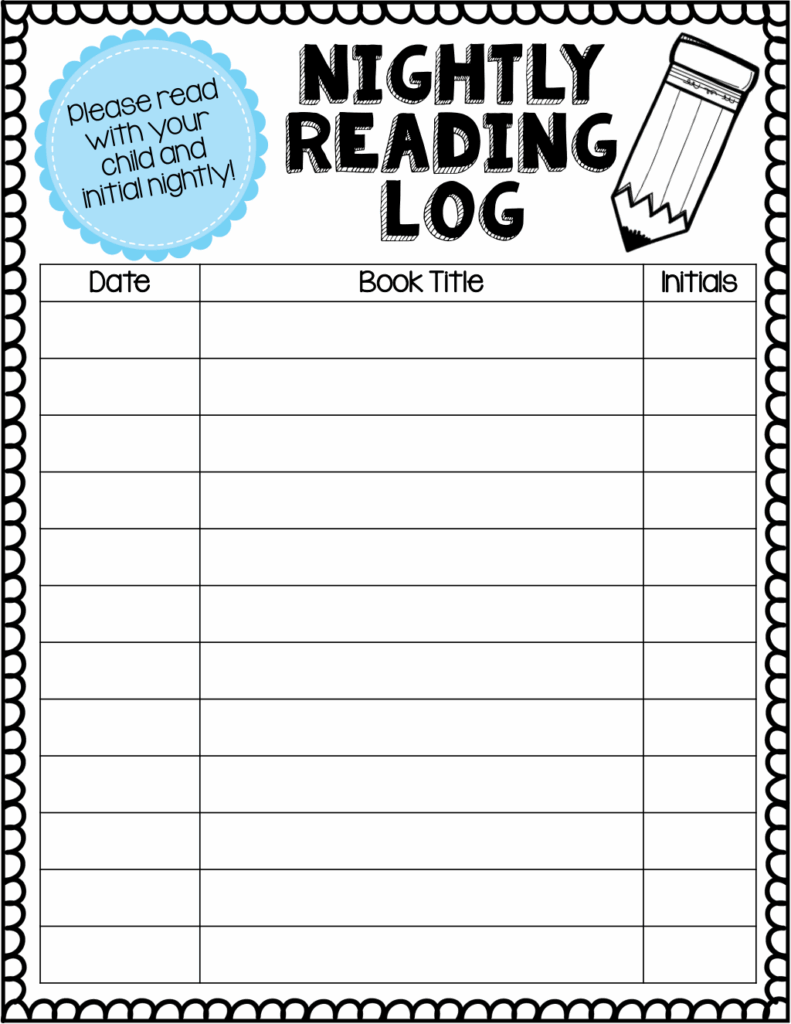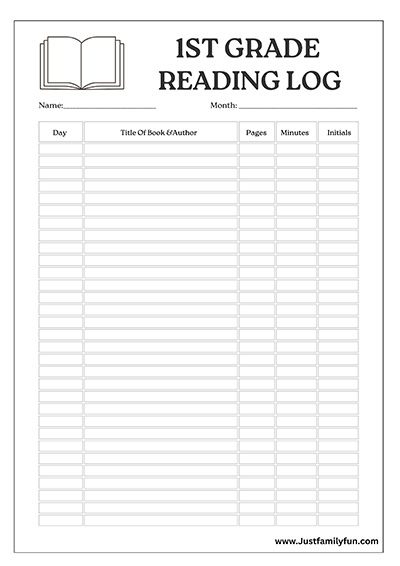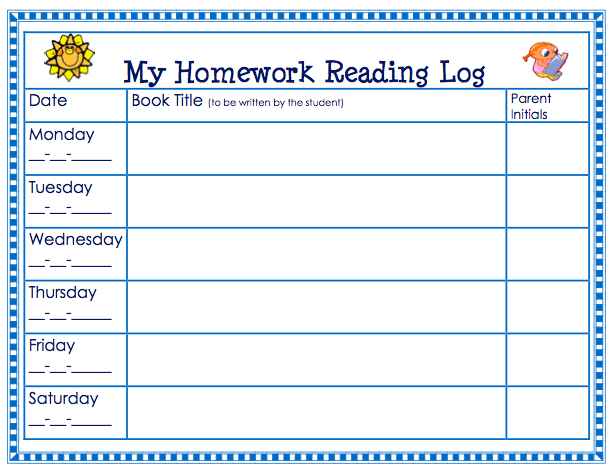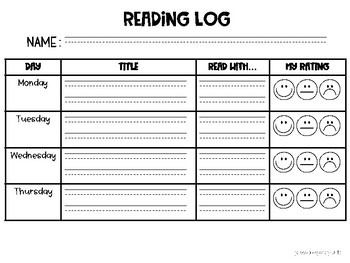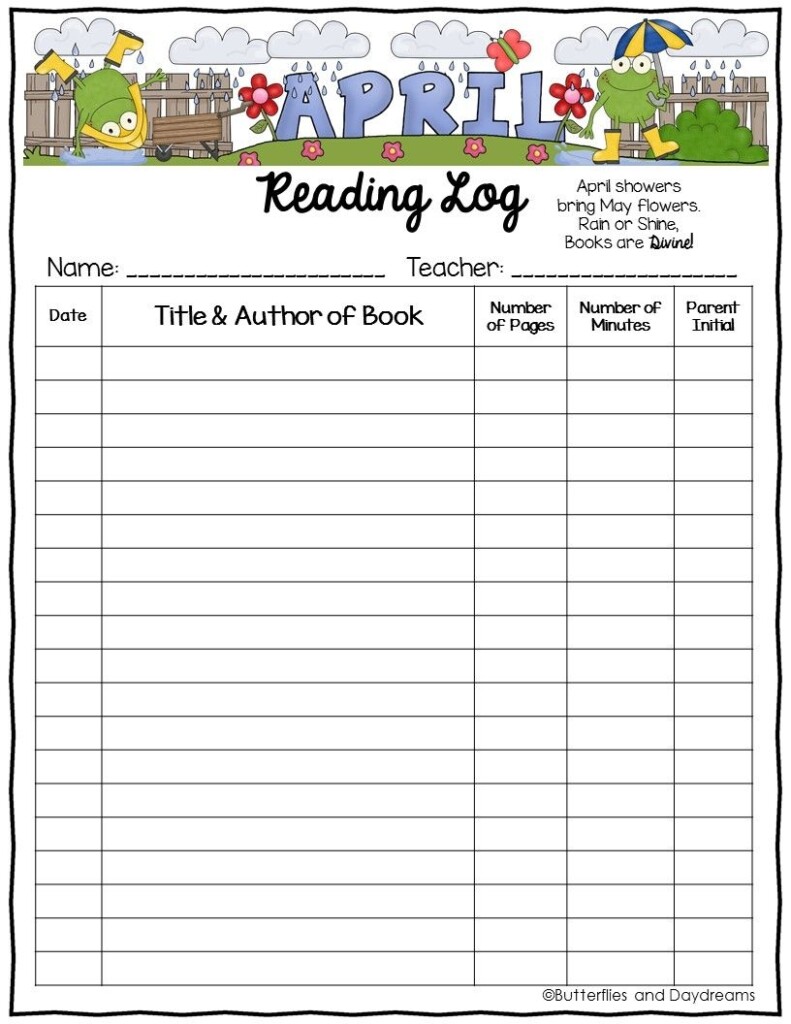It’s important for first graders to practice reading regularly to improve their skills and develop a love for reading. A reading log can help track their progress and make reading more enjoyable. By using a 1st grade reading log printable for free, parents and teachers can easily monitor a child’s reading habits and set goals for improvement.
These printable reading logs often include space to record the title of the book, the date it was read, and a place for a parent or teacher to sign off on the reading. This can help children stay accountable and motivated to read consistently. Additionally, using a printable reading log can also help children see their progress over time, which can boost their confidence and encourage them to keep reading.
Where to Find 1st Grade Reading Log Printable Free
There are many websites and resources available online that offer free printable reading logs specifically designed for first graders. These resources often include a variety of fun and colorful designs to make the reading log more engaging for children. Some websites also offer customizable reading logs that allow parents and teachers to tailor the log to suit a child’s individual reading goals and preferences.
Additionally, many educational websites and platforms offer printable reading logs as part of their learning resources for parents and teachers. These resources may also include tips and strategies for using the reading log effectively to support a child’s reading development. By taking advantage of these free resources, parents and teachers can help first graders improve their reading skills and foster a lifelong love of reading.
Tips for Using a 1st Grade Reading Log Printable Free
When using a 1st grade reading log printable for free, it’s important to set realistic reading goals for the child based on their age, reading level, and interests. Encourage the child to choose books that they enjoy and find engaging to help maintain their interest in reading. Make sure to review the reading log regularly with the child to celebrate their progress and discuss any challenges they may be facing.
Consider incorporating rewards or incentives for reaching reading milestones to keep the child motivated and engaged. This could include special treats, extra screen time, or a trip to the library to pick out a new book. By making reading a positive and rewarding experience, children are more likely to develop a lifelong love of reading and continue to improve their skills over time.
